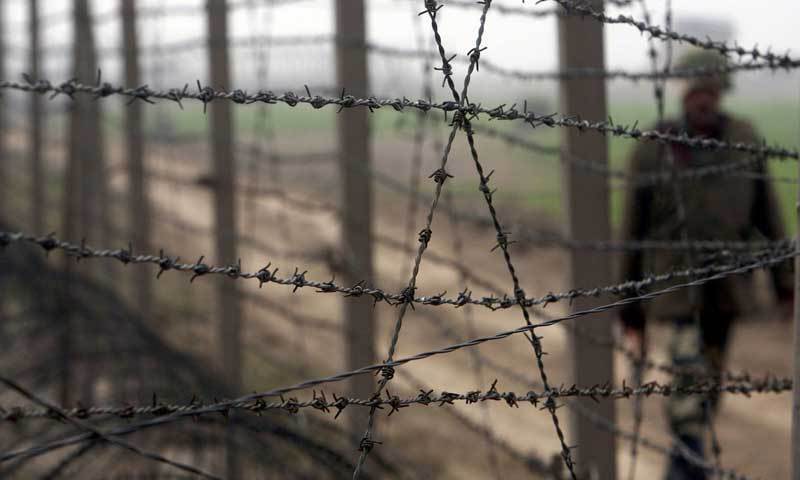Following Pakistan’s request to the United Nations secretary general, asking the global watchdog to investigate ceasefire violations by India, a delegation from the United Nations’ Military Observer Group in India and Pakistan (UNMOGIP) visited villages that had been affected in the recent border skirmishes between India and Pakistan on the working boundary near the city of Sialkot earlier this week.
To understand the significance of the UNMOGIP’s visit to the troubled areas, Dawn spoke to Zulfiqar Ali, a journalist who has reported on Kashmir and the Line of Control for the BBC.
 |
Q: What is the position of the United Nations Military Observer Group in India and Pakistan?
A: The UNMOGIP has been in Kashmir since January 1949, to supervise the ceasefire between India and Pakistan, under Security Council resolutions 39 and 47.
Following the Indo-Pak war at the end of 1971 and the subsequent ceasefire agreement signed in December 17 of that year, the function of the UNMOGIP has been to monitor the observance of the ceasefire.
Its tasks are to observe and report, investigate complaints of ceasefire violations and submit its findings to the secretary general. But it cannot take any action on its own, unless both governments agree, which has never really happened.
Q: How will UNMOGIP report on their observations from the Pakistani side?
A: In July 1972, India and Pakistan signed the Simla Agreement, defining the ceasefire line as the Line of Control. Both countries still disagree over the UNMOGIP’s mandate following the agreement, with India not recognising its jurisdiction after the 1972 accord.
Given the discord between both countries over UNMOGIP’s mandate and functions, the secretary general has said in the past that the group could be terminated but only through a decision of the Security Council.
Pakistani military officials continue to lodge complaints with UNMOGIP about ceasefire violations. But, the Indian military has lodged no complaints since January 1972 and have restricted the activities of the UN observers on the Indian side of the Line of Control.
They have, however, continued to provide accommodation, transport and other facilities to the group.
After this visit to the affected areas, the UNMOGIP will prepare a report based on their observations and submit it to the UN Department of Peacekeeping Operations, which will transmit the report to the secretary general and the Security Council.
Q: Why are UN observers not allowed by India to come to the LoC?
A: Before 1972, the UNMOGIP had access to the border from both sides. The group’s staff could travel across the border on their official UN vehicles. But after the LoC was formally demarcated, observers could only access it from the Pakistani side. While the Indian UNMOGIP mission continues to remain in New Delhi and Srinagar, they are limited to sending reports based on impressions from the local press and second-hand accounts.
Published in Dawn, October 15th , 2014












































